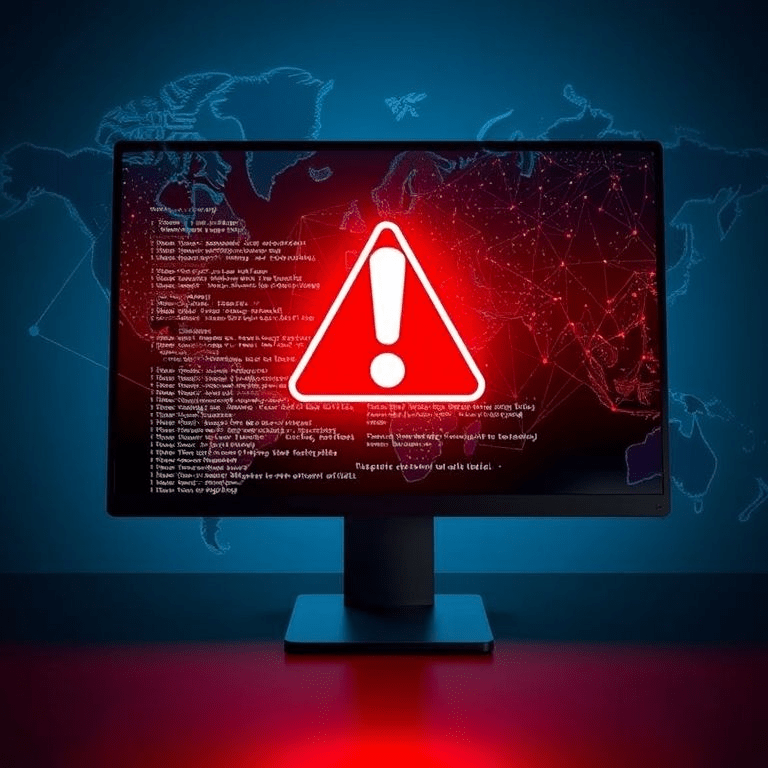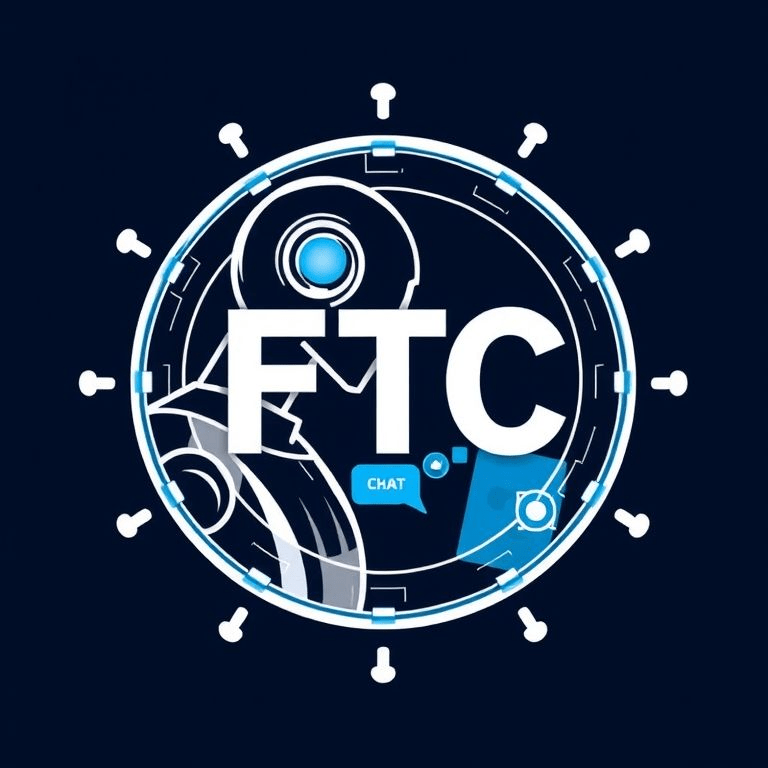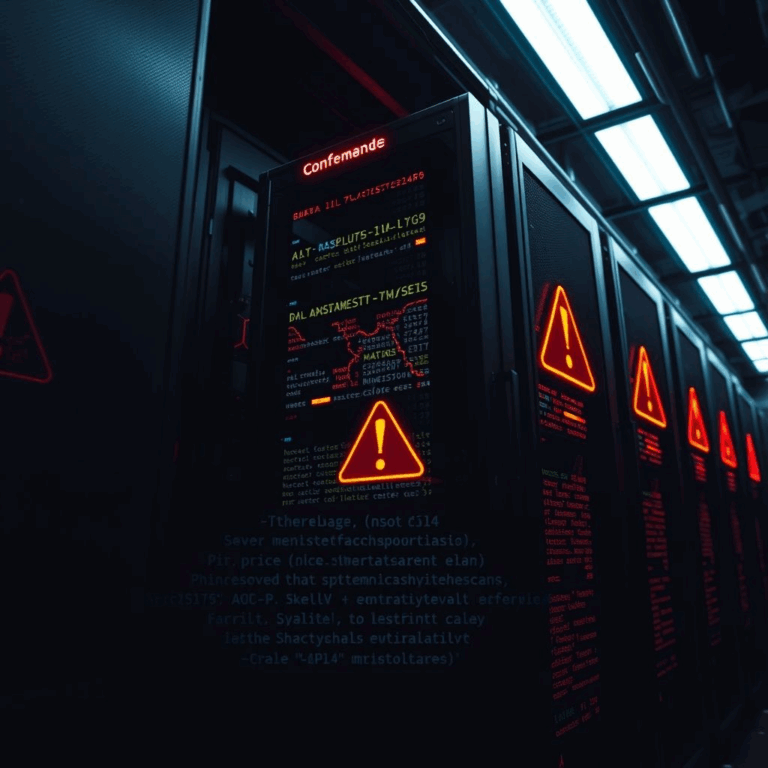Introduction: A Landmark Moment in Digital Regulation
The digital landscape in the UK is undergoing a seismic shift. Beginning July 25, 2025, the UK Online Safety Act officially enters into force, imposing some of the world’s most robust safety standards on social media platforms, messaging services, and online forums. With a sharp focus on protecting children from harmful content and enforcing accountability among tech giants, this act is a defining moment in global digital regulation.
What is the UK Online Safety Act?
The Online Safety Act, passed by the UK Parliament in late 2023, is a sweeping legislative framework designed to make the internet a safer space, especially for minors. Inspired by the growing concern over cyberbullying, online grooming, and exposure to harmful content, the law mandates:
- Mandatory age verification systems
- Content filtering and moderation for illegal and harmful material
- Transparent reporting and risk assessment protocols
- Heavy penalties for non-compliance, including fines up to £18 million or 10% of global turnover
Who Must Comply?
The act applies to “user-to-user services” and “search services” that are accessible by UK users. This includes:
- Social media platforms (Instagram, TikTok, Facebook, Snapchat, etc.)
- Search engines (Google, Bing, DuckDuckGo)
- Messaging apps (WhatsApp, Telegram, Discord)
- Online forums (Reddit, community platforms)
Companies operating in the UK must comply, regardless of whether they are headquartered domestically or abroad.
Age Verification Technology Becomes Compulsory
Perhaps the most controversial and transformative aspect of the Act is the age verification mandate. Platforms must implement “proportionate” age assurance measures to restrict access to adult content and ensure underage users are protected.
Approved age verification methods include:
- Government-issued ID checks
- Facial age estimation AI
- Two-factor parental control systems
Failure to implement adequate checks could result in bans or multimillion-pound fines.
Harmful Content: Now the Platform’s Responsibility
The Act creates a legal “duty of care” for tech companies. They are now responsible for preventing users—especially children—from encountering:
- Self-harm encouragement content
- Suicide-related discussions
- Eating disorder promotion
- Pornographic and violent content
- Misinformation and radicalization material
While freedom of speech is still protected, platforms must balance this against user safety by employing proactive content moderation tools.
Reactions from the Tech Industry
The tech industry’s reaction has been mixed. While major players like Google and Meta publicly support safer online environments, they’ve raised concerns over user privacy, implementation complexity, and compliance costs.
Meta stated it is working to “enhance age verification while protecting encryption and user data.”
TikTok said it supports “robust safety efforts” and is “investing in moderation teams and AI tools.”
However, privacy campaigners warn that such policies may push platforms toward overreach. “We risk creating a surveillance web that normalizes ID checks and age profiling,” said Silkie Carlo, director of Big Brother Watch.
The Role of Ofcom: The Digital Watchdog
The UK’s telecom regulator, Ofcom, is the designated enforcement body. It will:
- Set detailed codes of practice
- Investigate non-compliance
- Issue penalties and guidance
- Maintain a public registry of compliant platforms
Ofcom has already launched consultation papers guiding companies on how to meet legal obligations.
What Happens If Companies Fail to Comply?
Companies that fail to comply face:
- Fines of up to £18 million or 10% of global revenue
- Possible blocking of non-compliant services in the UK
- Criminal liability for senior managers in extreme cases
This puts immense pressure on both established tech giants and smaller startups to revamp their moderation systems and age filters.
Public and Political Reaction
Parents and child safety groups have largely welcomed the changes. The NSPCC (National Society for the Prevention of Cruelty to Children) hailed the law as “a new era of accountability.”
But digital rights activists argue that it risks turning the UK into a digitally policed state. Some even fear it could lead to “age-gated” internet zones, isolating users and stifling innovation.
Global Implications: Will Other Countries Follow?
The UK is now seen as a pioneer in internet safety regulation, and many experts believe other nations will follow suit.
- Australia and Canada are reportedly monitoring UK implementation closely.
- The EU’s Digital Services Act (DSA) has similar provisions, though less aggressive.
- In the US, debates around Section 230 reform are gaining traction with similar child protection motives.
The Future of Digital Content Moderation
With enforcement beginning, experts believe the next 12 months will be a stress test for the digital economy.
Platforms may:
- Increase use of AI content moderators
- Rethink community guidelines
- Hire more trust & safety officers
- Localize data and implement stronger reporting tools
There’s also the concern that age verification may fail or be easily circumvented, especially by tech-savvy teenagers. A robust ecosystem of third-party compliance providers is already emerging.
Expert Commentary
Dr. Rachel Coldicutt, a digital ethics expert and former CEO of Doteveryone, said:
“This law is long overdue. But enforcement is where the challenge lies. Platforms have always hidden behind scale and complexity. Now, excuses won’t fly.”
Ben Davis, policy lead at Ofcom, stated:
“We’re committed to a balanced approach—safeguarding users without damaging innovation or privacy.”
Final Thoughts
The UK Online Safety Act is a defining legislative leap into a safer, more accountable digital world. While implementation will be difficult and controversial, its success—or failure—will shape how nations regulate the internet for years to come.







